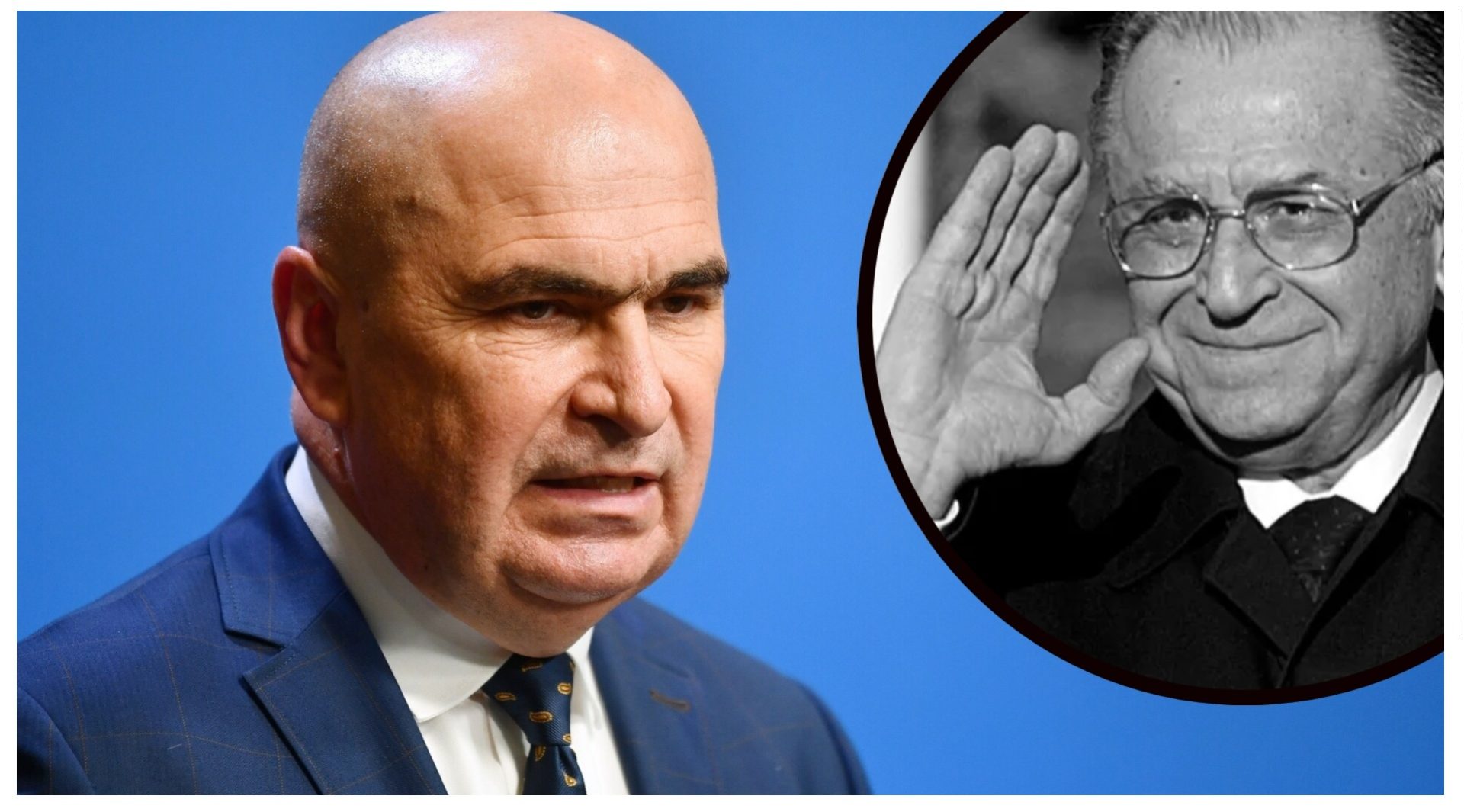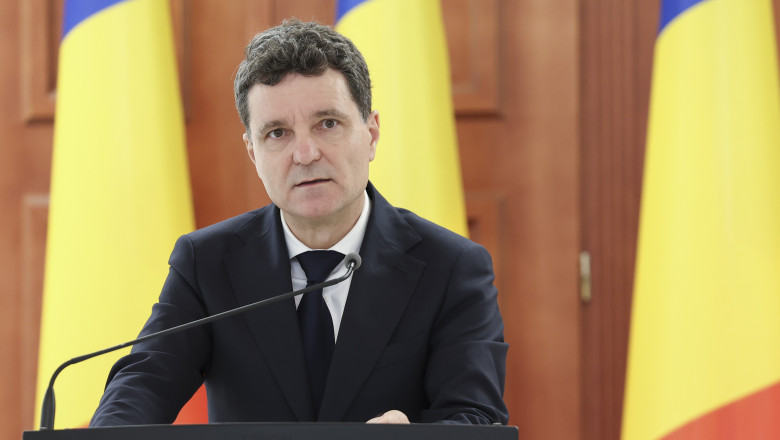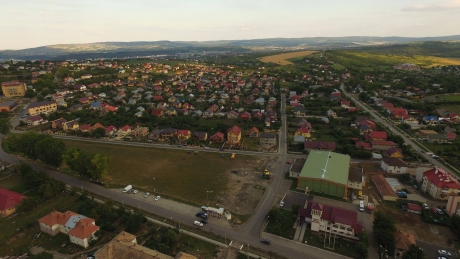Press Briefing at the end of the government meeting led by the Minister of Finance, Marcel Boloș, and the Government Spokesperson, Mihai Constantin
Friday, October 27, 2023
 The Government Spokesperson, Mihai Constantin
The Government Spokesperson, Mihai ConstantinThe Government Spokesperson, Mihai Constantin: Good day, and welcome to the public information session following today’s government meeting. Through an emergency ordinance, a set of measures to reduce budget expenditures for the year 2023 has been adopted, aiming to meet the budget deficit target. There have been several measures with fiscal impact, and I thank Minister of Finance, Marcel Boloș, for being present at this meeting, and I invite him to personally explain the measures adopted today.
The Minister of Finance, Marcel Boloș,: Thank you very much! As you may know, in the current context of budget execution, which we have already posted on the Ministry of Finance’s website, the budget deficit has reached 3.55%, which amounts to over 56 billion lei and is recorded as a deficit in the consolidated general budget. This is in light of the target we set for ourselves until the end of 2023 through the convergence program communicated, discussed, and approved with the European Commission – to achieve a budget deficit of 4.4% of GDP.
 The Minister of Finance, Marcel Boloș,
The Minister of Finance, Marcel Boloș,As you know, the package of fiscal and budgetary measures, which was promulgated by the President of Romania and is likely to be published in the Official Gazette today, included measures aimed at reducing public expenditure, combating tax evasion, as well as fiscal and budgetary measures, with a total estimated impact of 22 billion lei. Unfortunately, the bill was approved rather late, assumed by the government, and its entry into force, as we can see, is scheduled for the month of October. Therefore, the effects will come into play on November 1st and, respectively, on January 1st, 2024. Under these circumstances, in order to adhere as closely as possible to the commitments and the convergence program approved by the European Commission, this additional package of measures was necessary. As you can see, this time around, we are not considering fiscal and budgetary measures that would affect taxpayers, and the state is making these efforts to rationalize the expenditure of public funds so that we can honor our commitments to European institutions.
In this context, the emergency ordinance has three directions of measures: the first set of measures relates to the flexibility of funding the budget reserve, which means that the mechanism through which we ensure the necessary funds for the operation of ministries and other state expenses will be managed through the budget reserve to have better control over public money spending in the absence of a budget adjustment mechanism. This was necessary to allocate funds, as I mentioned, needed for the functioning of state institutions.
The second direction or set of measures pertains to co-financing European projects and investments. Romania’s current priority is to close the 2014-2020 programming period, which has eligibility for expenses until December 31, 2023, with Romania having a budget of 24 billion euros. This is a priority, as the absorption of European funds is crucial at this time when the programming period is closing, along with the National Recovery and Resilience Plan and the investments being implemented through it, which represent a unique opportunity for the continued modernization of Romania.
And, of course, the third set of measures pertains to central and local public authorities. I emphasize this point to ensure there is no misunderstanding, as there has been some public discussion and the idea has been circulating that only local public authorities will have their expenses capped. No, it concerns both central and local public authorities. Why is this necessary? Because it is already well-known that in the last months of the year, the level of operating expenses, as well as those related to investments, especially those funded from the state budget and local budgets, reach record levels of spending. As I mentioned earlier, Romania needs to prioritize investments funded by European funds and the National Recovery and Resilience Plan, and these should meet the execution parameters set for each project to maximize the use of European funds available to Romania. In the context of this third set of measures concerning central and local public authorities, as I mentioned, the analysis conducted by the Ministry of Finance in November and December shows that these types of operating expenses, or as they are known, expenses related to goods and services, as well as investment expenses – and I refer here to investments funded from the state budget and local budgets – these are the ones that experience increases of three, four, or even five times compared to the annual average. So, this expenditure cap, as it’s often called, is set at the level of the average of these payments that occur throughout the year for these types of expenses. Thus, we are not in a situation where we are prohibiting expenses; instead, we are capping these categories of expenses, and most importantly, we are prioritizing the investments that Romania needs, funded by European funds and those from the National Recovery and Resilience Plan.
And to ensure there is no discussion on this matter, if, for example, in the operating expenses of the state or in these investment expenses, there may be disruptions, the government has approved that certain exceptions can be approved through a memorandum if necessary. In other words, we are trying to enter a state of normalcy and act in the last months of the year as we do throughout the year, focusing on rationalizing the use of public funds, using them more efficiently, and avoiding the waste that occurs in the last months of the year when expenses are incurred just to prevent the loss of funds. This is well-known, and now, with these commitments to the European Union, we need to be very cautious, as it concerns the future of Romania, and these investments are vital for the modernization of our country.
Thank you.

 acum 1 an
190
acum 1 an
190























 English (US) ·
English (US) ·  Romanian (RO) ·
Romanian (RO) ·